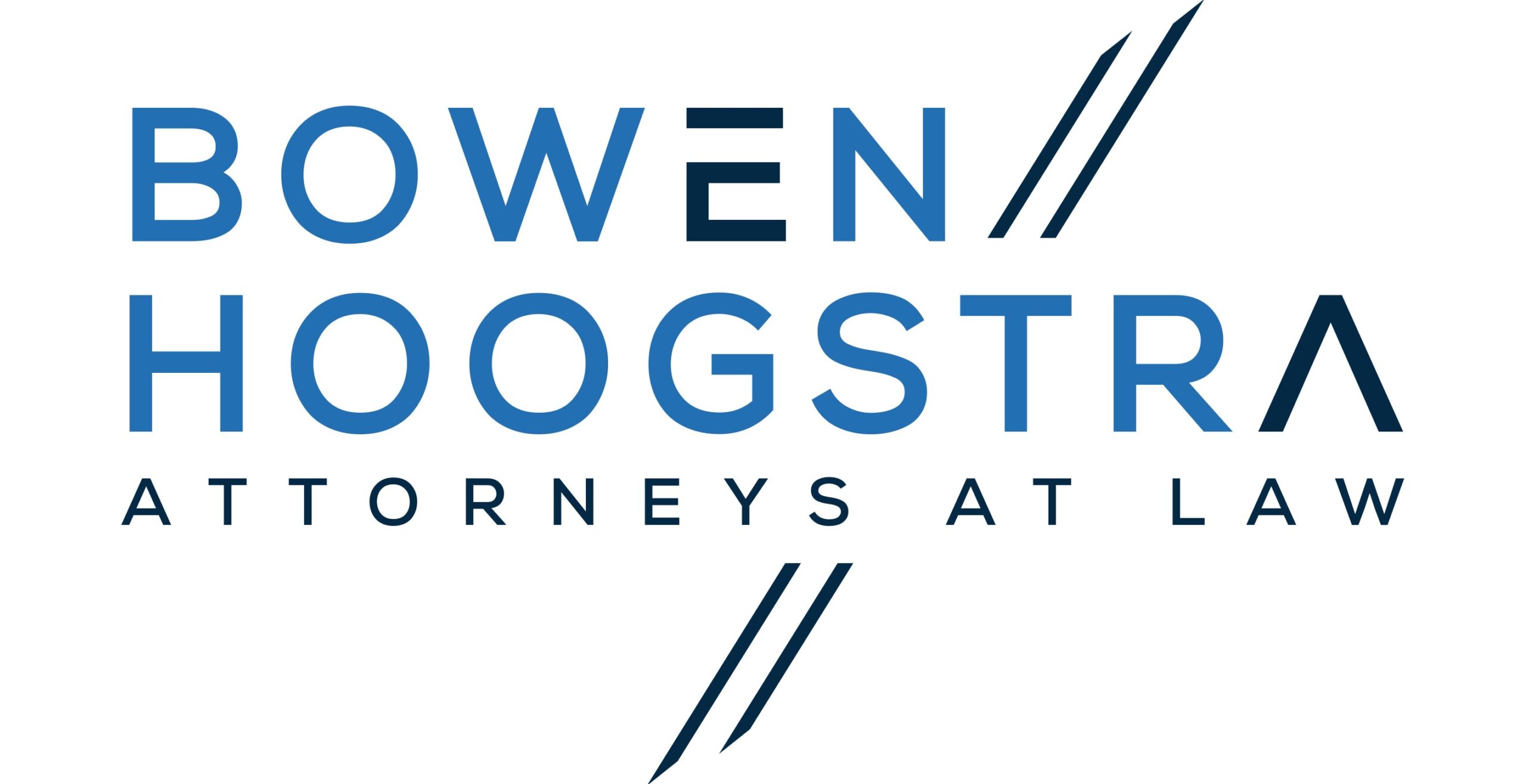As the years go by, our parents grow older, and with that, the importance of planning for their future becomes increasingly apparent. If you have parents who are 65 or older, you may have already begun to consider their welfare in the long run. But have you thought about estate planning? It’s an aspect of caregiving that often gets pushed aside or overlooked until it’s too late.
- Understanding Estate Planning for the Elderly
- Starting the Conversation with Elderly Parents
- Key Steps in Estate Planning for Elderly Parents
Estate planning for the elderly is crucial to ensure their well-being and the smooth transition of their assets. Without a clear plan, families often find themselves caught in legal complications, which can be emotionally and financially taxing. So, where do you start? And how can you make this process as smooth and stress-free as possible for your loved ones? Let our knowledgeable Muskegon lawyer guide you through the essential steps of estate planning for elderly parents.
Understanding Estate Planning for the Elderly
Estate planning involves creating a clear, legally binding plan that outlines the intentions of individuals, particularly elderly parents, regarding asset distribution and care decisions in the event of their incapacity or death. Common estate planning tools include:
- Wills. A will is a fundamental document that specifies how an individual’s assets should be distributed after death. It can appoint guardians for minor children and even provide directions for personal items.
- Trusts. Trusts offer more control over asset distribution and can help minimize estate taxes and avoid probate. They can be tailored for specific purposes, such as caring for a special needs family member.
- Power of Attorney. This legal document allows elderly individuals to appoint someone to make financial and legal decisions on their behalf, which is crucial in preventing elder abuse and ensuring their wishes are respected.
Healthcare Directives. These include living wills and healthcare proxies that outline wishes for medical treatment and appoint someone to make healthcare decisions if the elderly individual is unable to do so.

Estate planning ensures that the preferences of the elderly person are respected and their affairs are in order, providing peace of mind for both them and their families.
Starting the Conversation with Elderly Parents
Approaching the subject of estate planning with elderly parents can be delicate. It’s essential to be sensitive and respectful, acknowledging that this topic involves discussing their wishes for the future after they’re gone. Here are some tips to make the conversation as effective as possible:
- Choose the Right Time and Place. Find a comfortable, private setting where you can talk without interruptions. Ensure your parents feel at ease and understand this is a conversation grounded in care and concern for their well-being.
- Listen Actively. It’s important to truly listen to the concerns of your elderly parents. This isn’t just about legal formalities; it’s about understanding their views and desires for their estate.
- Educate and Inform. Gently introduce the concepts of estate planning, including wills, trusts, power of attorney, and healthcare directives. Explain how each can protect them and their wishes.
- Be Patient and Revisit if Necessary. Understand that this may not be a one-time conversation. Be prepared to revisit the topic as needed, allowing your parents time to reflect and consider their options.
- Seek Professional Guidance. Consider consulting with a Muskegon lawyer who specializes in estate planning. Their knowledge of state laws can provide clarity and guidance, making the process smoother and more comprehensive for your elderly parents.
Remember, the goal is to ensure that the estate planning process aligns with your parents’ preferences, offering them peace of mind and security in their later years.
Key Steps in Estate Planning for Elderly Parents
The estate planning process for the elderly involves several key steps:
Document Assets and Liabilities
Create a comprehensive list of all assets such as real estate, bank accounts, investments, retirement funds, and personal items of significant value like jewelry or art, and liabilities, including mortgages, loans, credit card debts, and other financial obligations. A comprehensive inventory provides a clear picture of the estate’s net worth, which is essential in making informed decisions about how assets should be distributed and ensures that all liabilities are accounted for, preventing any unforeseen complications during the estate execution process.
Choose and Set Up the Right Estate Planning Tools
Depending on your elderly parents’ situation, different tools might be appropriate. For example, a will is essential for specifying asset distribution and guardianship details, while trusts can be beneficial for managing assets more specifically or for tax advantages. Once the tools are chosen, legal documents that clearly articulate your parents’ intentions are drafted. Opting for the services of a Muskegon lawyer who specializes in estate planning will ensure all legal and local requirements are met, and the documents are enforceable.
Review and Update Regularly
Estate plans should be reviewed and possibly updated to reflect any changes in assets, family dynamics, or wishes. Regular reviews ensure the plan remains relevant and practical.
Let Muskegon Elder Law Lawyers Handle This For You
If you’re seeking expert assistance in estate planning for your elderly parents, Bowen Hoogstra Law is here to help you. Our experienced elder law attorneys specialize in crafting comprehensive estate plans that respect your parents’ wishes and protect their legacy. Whether it’s drafting wills, setting up trusts, or navigating the legal and financial intricacies of Michigan elder law, we are here to guide you every step of the way. Take the first step in securing peace of mind for you and your elderly loved ones. Contact us today at (231) 726-4484 or here to schedule a consultation.

